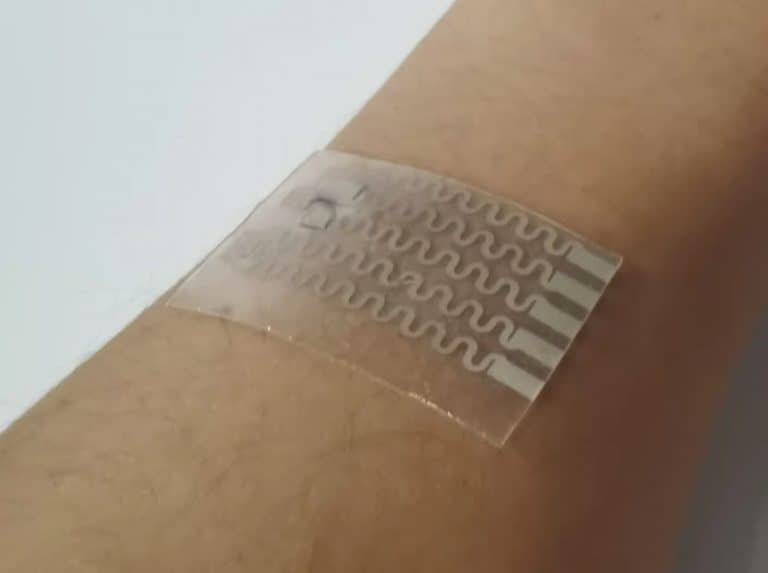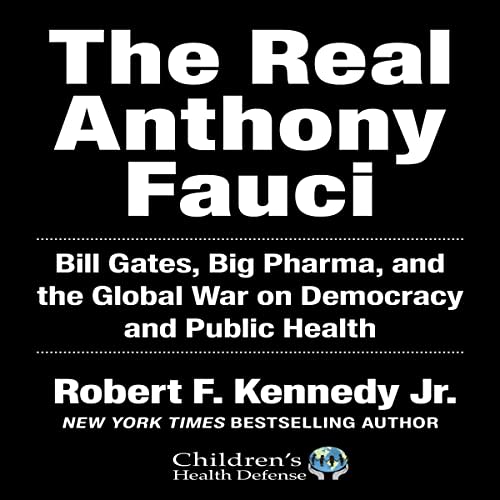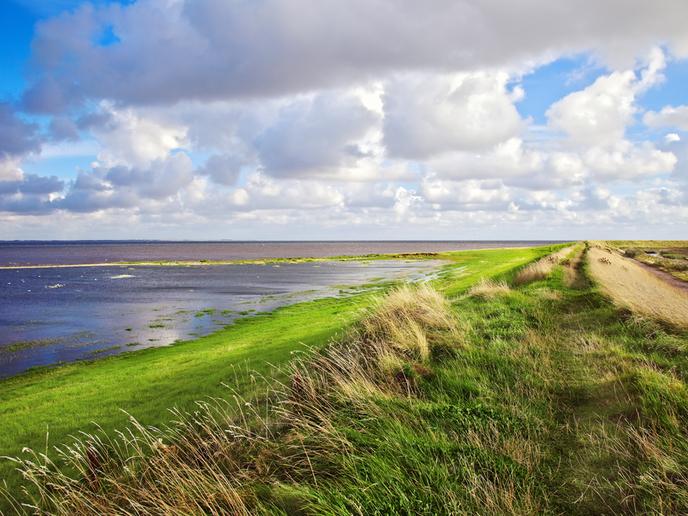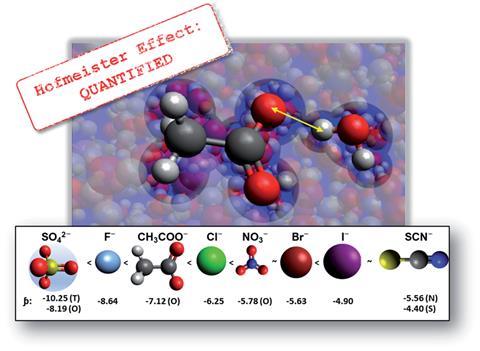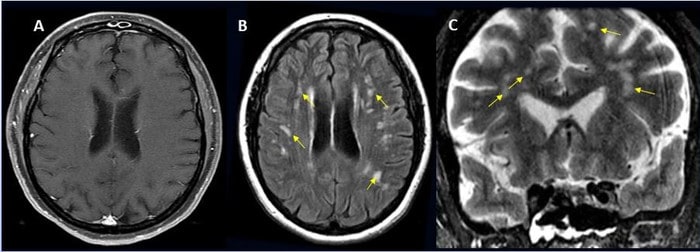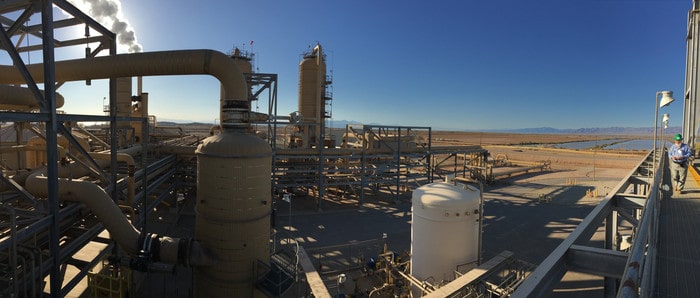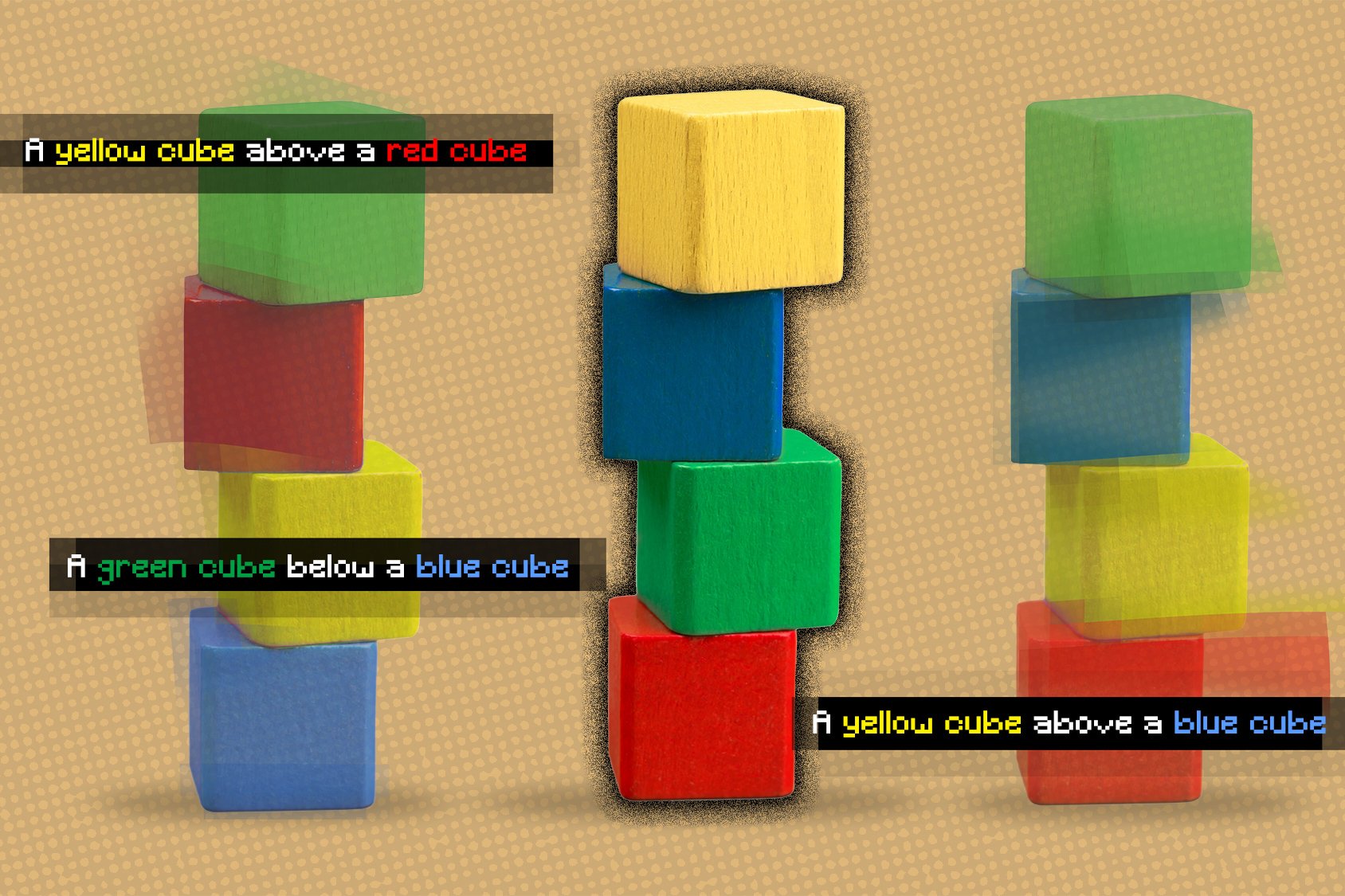Technion scientists develop self-healing, antibacterial polymer as safer alternative to traditional post-surgical sutures. The smart bandage can dispense antibiotic, monitor wound-healing biomarkers and report important data directly to doctors. “Sutures? That’s practically medieval!” It is a staple of science fiction to mock sutures as outdated. The technique has, after all, been in use for at […]
Read More